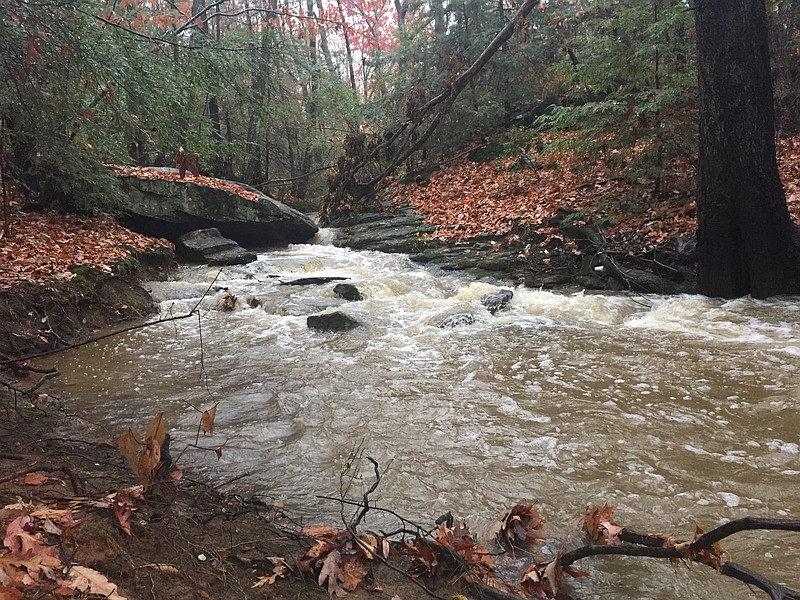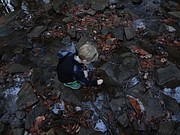Kids4CleanWater fundraiser is Feb. 11
The annual fundraiser Save Water, Drink Wine, which helps fund clean-water efforts, is Saturday, Feb. 11 from 6-8:30 p.m. at The Barn Nursery. The event benefits local nonprofit Kids4Clean, a Caribbean Student Environmental alliance program that teaches kids how to take care of their water.This year’s fundraiser features regional wines from around Ocoee and Dahlonega, along with tapas and cupcakes from Dish T’ Pass.The fundraiser also features clean-water work done by many local partners, like the Tennessee River Gorge Trust, South Chickamauga Creek Greenway Alliance, Tennessee Aquarium and water quality departments in the city and county. Small silent and live auctions will feature these watersheds as well as a vacation in the Caribbean.Tickets cost $45 in advance or $50 on the day of the event, and can be purchased at The Gear Closet, 535 Cherokee Blvd., and caribbean-sea.org.The Barn Nursery is located at 1801 E. 24th St. Place in Chattanooga.
In late November and early December, TenneSEA - the Signal Mountain-based offshoot of the Caribbean Student Environmental Alliance, which teaches children to take care of their water - unleashed its first "Stream Teams."
Composed of community volunteers, Boy Scouts and Thrasher Environmental Club members, their goal was to test the effect of a big rain on bacteria levels in the streams of Signal Mountain following months of drought, said TenneSEA Executive Director Mary Beth Sutton.
A sample taken at upper Shoal Creek before rain broke the drought in late November had an E. coli count of 360 colonies. Just after it rained, the count jumped to 54,600, though it was down to 1,560 the following day, and reached safe conditions for recreation - 400 colonies or less - within four days, said Sutton.
"One of the most interesting things was that the streams reacted differently," she said.
While the rain caused Shoal Creek to become very dirty very quickly, with the pollution dissipating over the next few days, this wasn't the case with Short Creek. There, the E. coli counts increased from the time the sample was taken just after the rain, to the one taken a few days later.
Sutton, who takes participants in her Kids4CleanWater summer camps to mountain streams, said they are typically safe, though they're dirtier just after a rain, with typically around 3,000-4,000 E. coli colonies. But during a prolonged drought, she said, bacteria builds up in the soil, and when it rains, that bacteria runs straight into the streams.
"If you have continuous rain, you don't see that surge in E. coli," she added.
Sutton said the problem is worse on the mountain, since there's not much soil and many people use septic tanks, which need soil to treat the bacteria.
What people need to take away from the Stream Team's findings is to stay out of the creeks on the mountain right after a big rain, when they contain the most bacteria, she said.
Sutton said she always needs more volunteers to join the Stream Teams, which will soon begin testing a community-based mobile app that will allow people to enter qualitative information about the appearance of streams in their areas and look up information others have entered. She also needs people to continue to do testing of the E. coli counts in local streams, and she hopes to eventually incorporate that information into the app as well.
To get involved with a Stream Team, email Sutton at marybeth@caribbean-sea.org.
Email Emily Crisman at ecrisman@timesfreepress.com.

